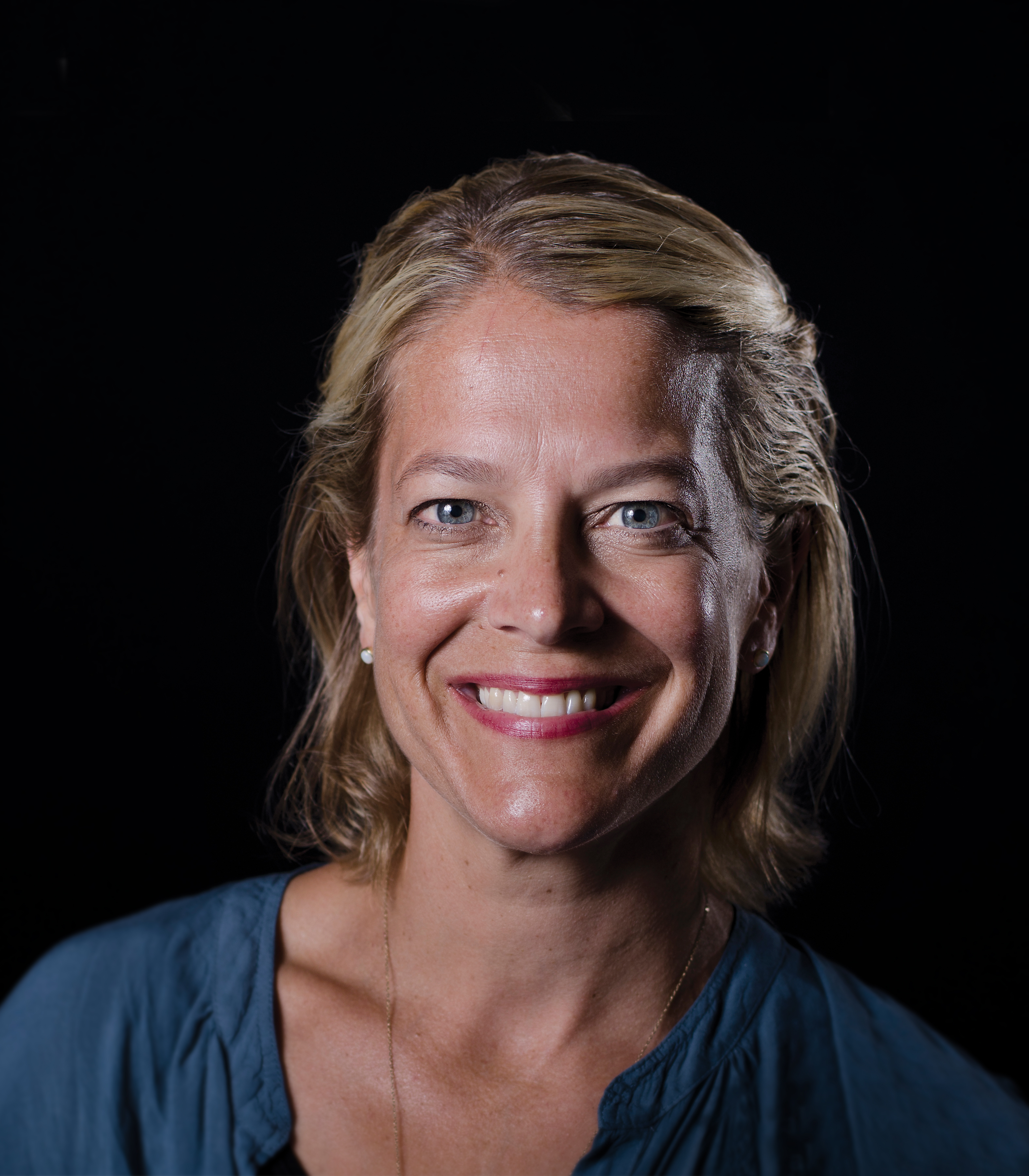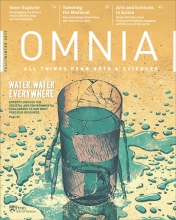Penn Program in Environmental Humanities Receives Mellon Support
The Penn Program in Environmental Humanities (PPEH) has been awarded a grant of $1.5 million over four years from the Andrew W. Mellon Foundation. PPEH is a Penn Arts and Sciences initiative that combines scientific and humanistic inquiry to better address issues surrounding energy, sustainability, and the environment. The grant will allow Penn to train undergraduate and graduate students in the environmental humanities, as well as to expand public engagement with diverse local, national, and global partners.
“This award recognizes the imagination and innovation of the Penn students, staff, and faculty who have piloted PPEH since its launch in the summer of 2014,” says Bethany Wiggin, an associate professor of Germanic languages and literatures and PPEH Founding Director. “Mellon’s generosity will allow us to solidify and build ongoing collaborations—on campus, in Philadelphia, in our watershed, and still further afield.”
“The environmental humanities are an exciting, collaborative movement, and Penn is at the forefront,” says Steven J. Fluharty, Dean of Penn Arts and Sciences. “For too long, serious environmental inquiry was confined to the sciences. PPEH adds vital voices to the conversation. The Mellon grant will ensure that environmental dialogue across the disciplines has a permanent home at Penn.”
The Mellon grant will support PPEH as it moves out of its transition phase and makes sustainable investments in four priorities: interdisciplinary research, the collection and maintenance of vulnerable data, the unique environmental challenges of global cities, and public engagement via arts and cultural institutions.
Wiggin says that the funding will help to develop communities of scholars, artists, cultural institutions, and interested citizens who are “capable of addressing today’s environmental legacies and imagining alternative futures.”
PPEH will use the funds to develop deeper and more integrated training and research opportunities for students and faculty, including an undergraduate minor and graduate certificate.
The program plans to expand community outreach activities with the creation of additional artists’ residencies, public workshops and lectures, digital resources, and both mobile and stationary art installations.




